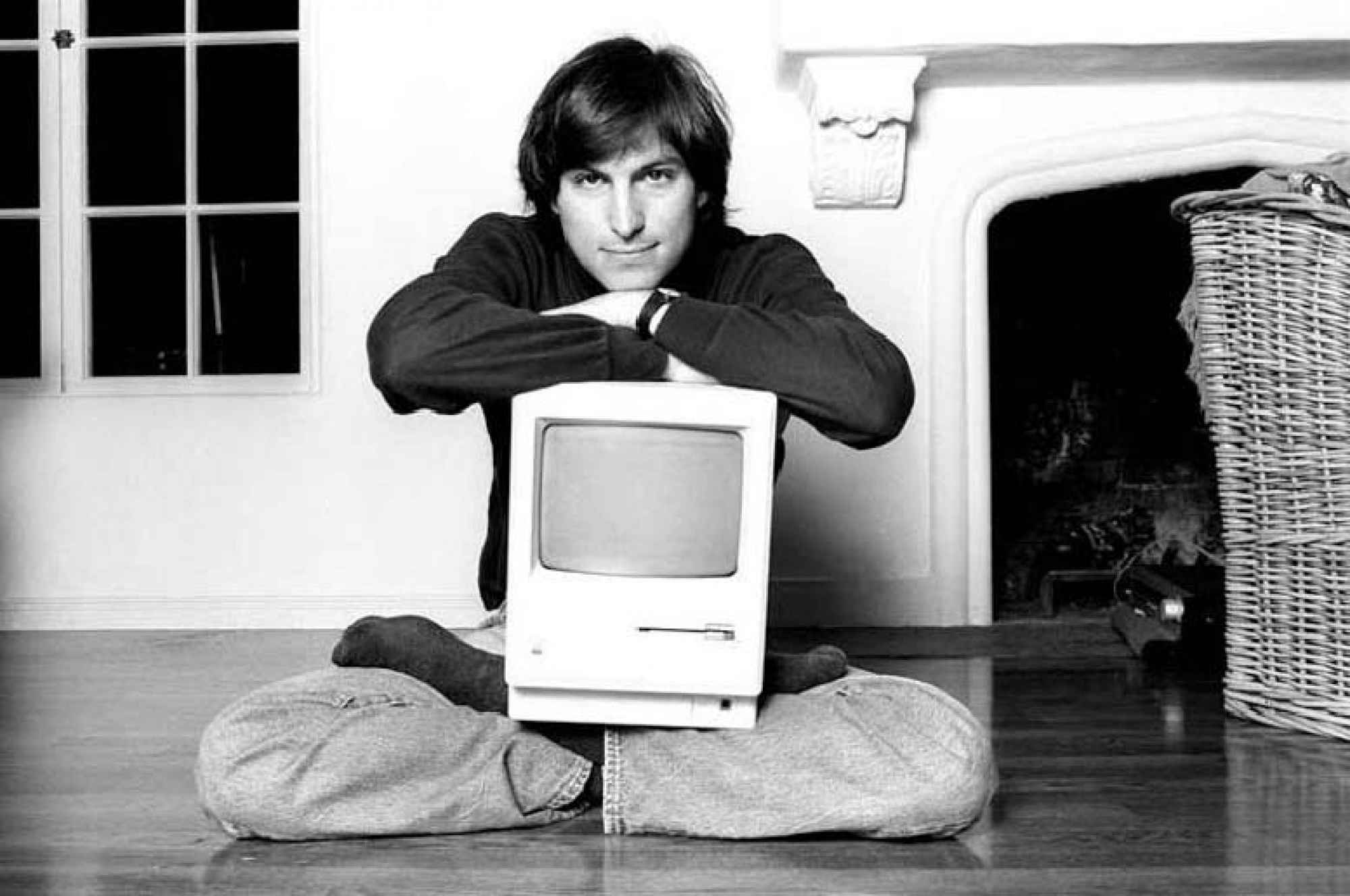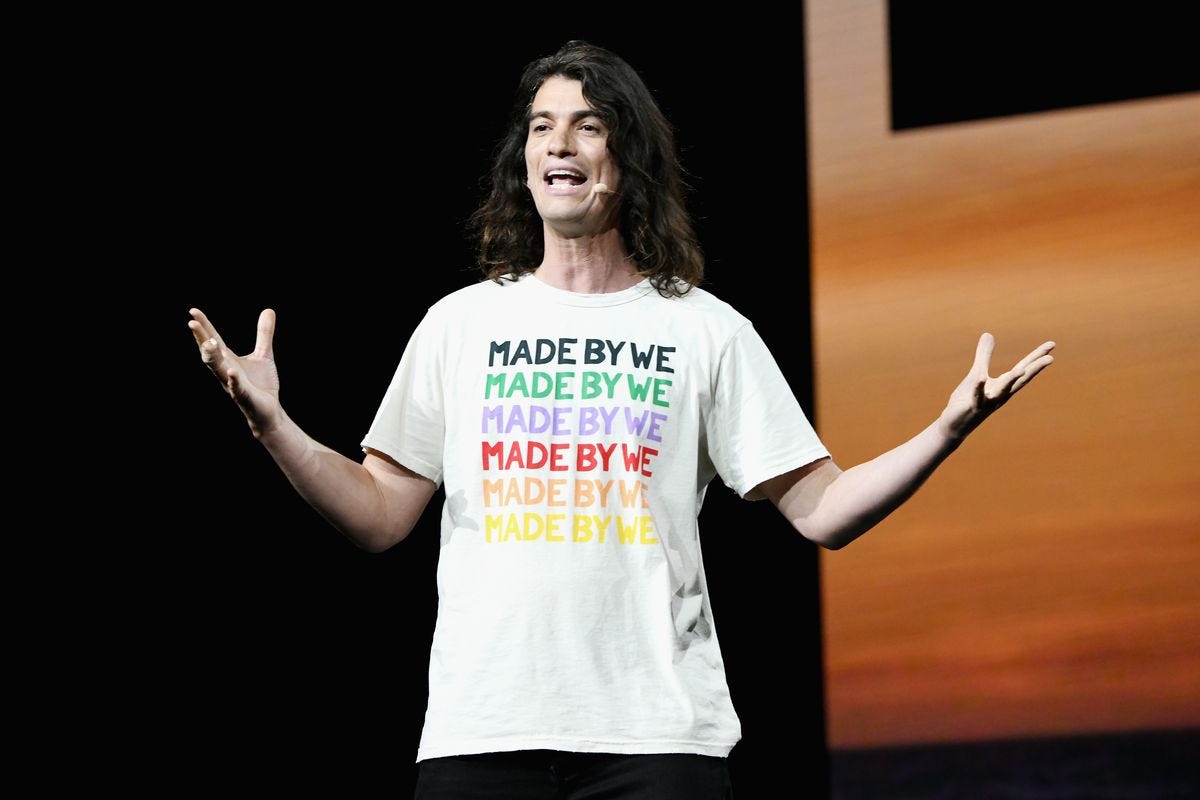A mildly amusing framework to predict success, or justify success.
On frameworks
I think the simpler a model, the better it is. When something is that simple you are forced to acknowledge the reality that it is not perfect. If a framework or a model has something like 90 parameters, we may just actually fool ourselves that we can predict something of not from it. With that in mind, I do enjoy silly frameworks. And I think I have a silly framework that is sensible enough to entertain for the length of this essay.
The holy trinity of success
Rizz, money and technical brilliance are important parameters to success. How do you define success? For the sake of this framework, I will define success as the point at which a person can do whatever they please, whenever they want.
What a person wants varies. In the case of one Ariana Grande, it is ice on her wrist, lip gloss and her new hair, as she expresses in her piece on success:
My wrist, stop watchin’, my neck is flossy
Make big deposits, my gloss is poppin’
You like my hair? Gee, thanks, just bought it
I see it, I like it, I want it, I got it (yeah)I want it, I got it, I want it, I got it
I think the key part here is how this ties into our definition. She wanted it, she got it. That is success for Mrs Grande. For a comedian, the definition of success might be their ability to fill Madison Square Garden for their standup special. You get the idea.
Now that we have got that out of the way, let’s focus on the holy trinity – rizz, money and technical brilliance.
Rizz (also referred to “charisma” in the more strait-laced circles) is the ability to be charming with the intention of getting things your way. Rizz is an enabler. Having rizz means:
-
People find it hard to say no to you.
-
You can paint the rainbow even when the reality maybe more akin to a dreary grey cloud.
-
People want to be around you, and they don’t know why.
If you aren’t sure if you have rizz, you don’t have rizz.
Money (also known as “The Greens”, “Paper”, “Benjamins/Gandhis” or “Dough”) is innate wealth. Money is another enabler, but this enabler is a reductive enabler. It enables by simplifying things, just the way a reductive argument often oversimplifies or diminhes the core subject. What do I mean by this in practice? You can throw money at your problems fairly thoughtlessly, and it will yeild results.
It’s too hot? Buy an air conditioner.
Teeth look bad? Buy a dentist appointment.
Kidney failed? Buy a kidney from the black market.
Committed a federal crime? Buy out the witnessess, and bribe the authorities.
The more unethical the ask, the more money you need (and the less likely it is to solve a problem too). But often times, money transcends ethical needs of the society. It is quite powerful. And another amazing thing about money is that having money enables you to get more money. It compounds. Your first million is going to be really hard. But the next five million? A fraction of the difficulty.
Technical Brilliance is the ability to solve problems that involve anything apart from humans. People in possession of technical brilliance are colloquially referred to as nerds. Technical brilliance can often be inferred from what people have built, or are building. Often times, they are building things like:
-
Rockets
-
Compilers
-
Batteries
-
Cures for cancer
-
(Unfortunately) High frequency trading algorithms
A generally reliable rule of thumb for the lack of technical brilliance is people saying they can build things but never building it. Often, these category of people are delusional or trying to game a system for social capital (especially if they are low on the rizz scale)
Weights and biases
I hypothesize that these three parameters above are the strongest indicators of success, but even within those, there is a hierarchy in terms of predicting success.
Money
The most obvious is money. And I am not just talking Ambani tier wealth – different levels of wealth contribute to success in different ways, although the common thread here is money. Breaking it down, I see it help in two ways.
Amplification of talent
There are certain levels of wealth that can exponentially amplify real talent. Let’s take an example that I think is an exemplar of this, a genuine talent, and some would say, a goat – one miss tay tay :
At a showcase in Nashville’s Bluebird Cafe in 2005, Swift caught the attention of Scott Borchetta, a record executive who was preparing to form an independent record label, Big Machine Records. She became one of Big Machine’s first signings, with her father purchasing a three percent share of the company.
Especially after the scale and ambition of the Eras tour, nobody in their right might can deny the sheer influence and talent that Ms Swift posseses. But I posit, if her millionaire father did not buy that 3% stake in the indie record label, we’d have no Eras tour.
Another example, a director with multiple Oscar nominations and winner of the Golden Globe Award for best animated feature, Travis Knight. He is also the CEO of Laika, which is in my opinion one of the best animation studios in the busienss today, especially for stop motion animation. He also happens to be the son of the billionaire founder of Nike, Phil Knight. Here is the history of Laika Studios
In the late 1990s, Will Vinton Studios, known for its stop-motion films and commercials, sought funds for more feature-length films and brought in outside investors, which included Nike, Inc. owner Phil Knight, whose son Travis Knight worked at the studio as an animator. In 1998, Knight made his initial investment.
…
Following the firing of Vinton, the Knights began to reorganize the failing studio, which was rebranded as Laika.
…
Since 2005, Travis Knight has served as Laika’s vice president of animation
…
He is the current president and CEO of Laika, along with serving on the board of directors of his father’s company, Nike, Inc., a position he assumed in 2015.
You get the idea. Money amplifies talent by giving you the channel to show it.
I also believe that talent is more common than wealth. The population of talented people far outweights the population of rich people. There are million people with Swift’s or Knight’s talent, so alpha can only be found in wealth. The rich people are amplified.
Developing Talent
Usually, people who grow up rich have more spare everything. Time, money and energy. And the best ideas stem from having excess time and means. Creativity flourshes when you know your basic needs are going to be taken of very well. I also hypothesize, on an average, rich people may be more talented. In the interest of not coming across as a contrived tool, I want to clarify my definition of talent – a learned skill that makes you better than the average person in the field. This is not innate talent I am talking about, something I don’t believe in.
Here is an example of Quadeca. He is a rapper-producer-songwriter who got his start on YouTube. His latest album, “I Didn’t Mean to Haunt You” is a pretty great album. I enjoyed a lot of his work, and he is someone I would definitely describe as talented. I was curious to learn about his background, and this is what I found:
Benjamin Lasky was born on October 2, 2000, in Los Angeles, California. His father, Mitch Lasky, is a Benchmark general partner and former entrepreneur and video game executive.
Yet another artist who is the son of a multimllionaire. It seems like art and wealth go hand in had. The logical explanation is that you are more likely to risk if you know your worst case scenario is someone else’s definition of succes.
And it’s not just artists. Let’s look at, Bill Gates. He went to a private school in Seattle, that gave him access to computers much earlier than most people. Another certified goat entrepreneur Mark Zuckerberg reportedly took $100,000 from his father in the early days of Facebook. Another thing that the both have in common is that they were Harvard dropouts, a school where a degree today costs over a quarter of a million dollars.
The gist of this is risk takers are outliers, and people are more likely to take risks if their downsides are capped. Rich peoples’ downsides are capped. So people who are rich, don’t waste this. You have an advantage.
Rizz
“Cash rules everything around me, C.R.E.A.M”, goes an old adage. But that is not entirely true. People rule everthing around you. And it just so happens that said people get extremely pliable when cash is involved. But there is another currency that makes people pliable – rizz.
Rizz is the ability to paint a picture of a beautiful world. It’s the ability to tell people how an office rental space will raise peoples conciousness.
The ability to convice people, to have your way are the amazing effects of rizz. People with rizz are extremely intelligent. Just not technically brilliant. They have the ability to push people, and often help them achieve things they didn’t think they are capable of.
Steve Jobs was the original silicon valley rizz god.

He was technically not astute, but he could convince people of amazing things. Another contemporary rizz god is Adam Neumann.

A pattern I notice is that people with a lot of rizz are good looking. Or rather, people who are good looking may find it easy to up their rizz factor. They have to try lesser. There is some scientific truth to this. So if you look good, don’t waste it. You have an advantage.
Techinical Brilliance
This is also what I call, science-rizz. They can understand and manipulate numbers and patterns in the same way folks with people-rizz can do with people. But I put these at the lowest tier in the trinity. Why? In my opinion the supply for these people is the most.
I believe the supply hierarchy is something like this:
$Supply(\text{Technically Brilliant})>Supply(\text{High Rizz})>Supply(\text{Rich folk})$
The Matrix of Archetypes
Epilogue
Where do you lie in this framework?